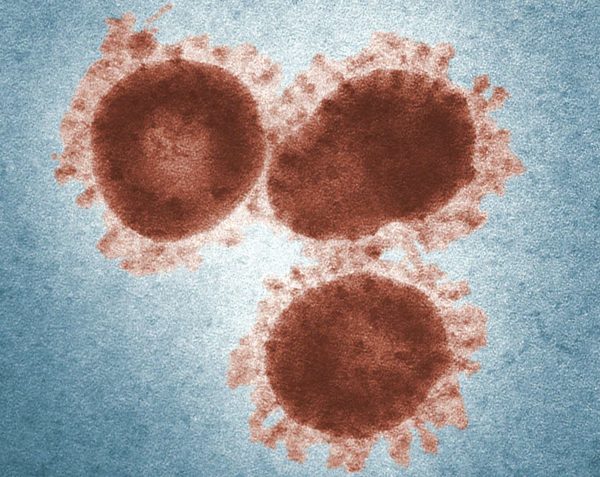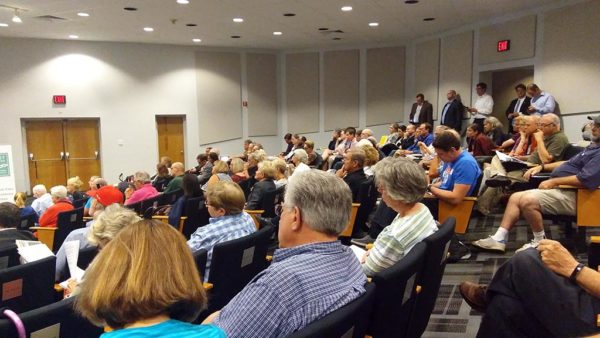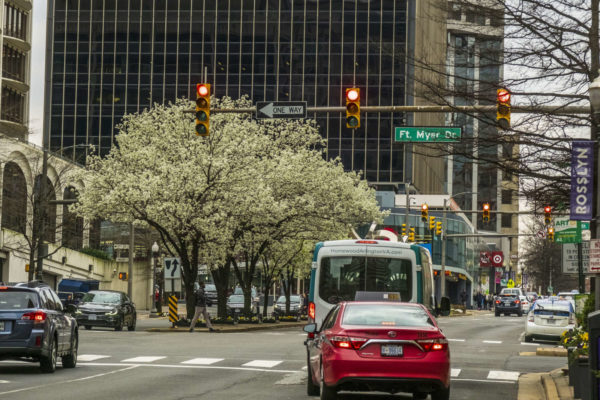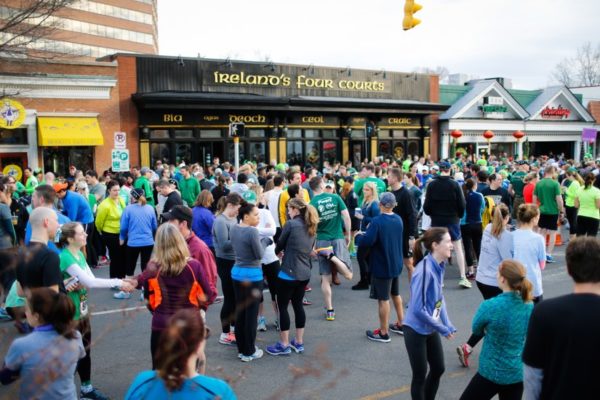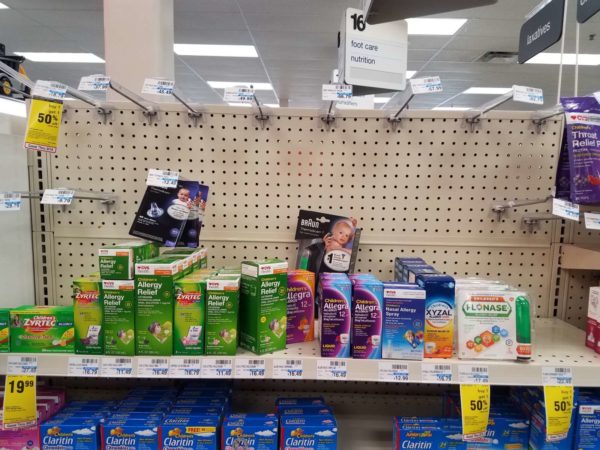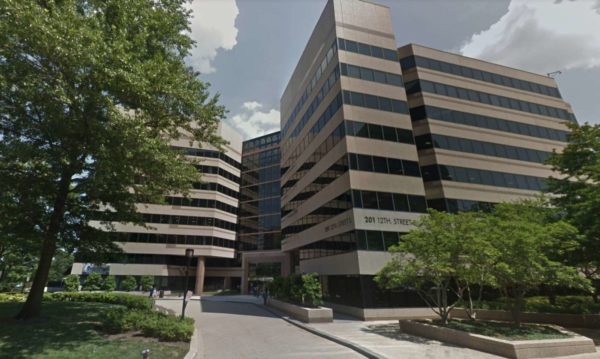Arlington announced a second “presumptive” case of coronavirus in the county Thursday afternoon.
An individual associated with Christ Church in Georgetown, where a pastor was diagnosed with the disease, developed symptoms consistent with COVID-19 while self-quarantined at home and tested positive for the disease, the county said.
“The individual is currently doing well and is isolated at home,” the county said in a press release. “Arlington County Public Health is working with the individual’s close contacts and advising them as appropriate.”
The county went on to note that “while there may be unmitigated or uncontained community transmission elsewhere in the U.S., based on the limited information available, there is no evidence yet of significant community transmission in the National Capital Region or Arlington.”
The first case of coronavirus in Arlington was reported on March 9. As of 2:45 p.m. Thursday, the Virginia Dept. of Health was reporting 17 “presumptive positive” coronavirus cases.
Also on Thursday afternoon, Virginia Gov. Ralph Northam declared a state of emergency as a result of the outbreak.
More on COVID-19 symptoms and prevention advice, from the county press release:
The coronavirus that causes COVID-19 can cause mild to more severe respiratory illness. In a small proportion of patients, COVID-19 can cause death, particularly among those who are older or who have chronic medical conditions. Symptoms include fever, cough, and difficulty breathing. Symptoms appear within 14 days of being exposed to an infectious person. COVID-19 spreads primarily through respiratory droplets produced when an infected person coughs or sneezes.
To lower the risk of respiratory germ spread, including COVID-19, the Virginia Department of Health encourages the following effective behaviors:
- Wash your hands often with soap and water for at least 20 seconds. Use an alcohol-based hand sanitizer only if soap and water are not available.
- Avoid touching your eyes, nose, and mouth.
- Cover your mouth and nose with a tissue or your sleeve (not your hands) when coughing or sneezing.
- Clean and disinfect frequently touched objects and surfaces.
- Stay home when you are sick.
- Avoid contact with sick people.
- Avoid non-essential travel.


